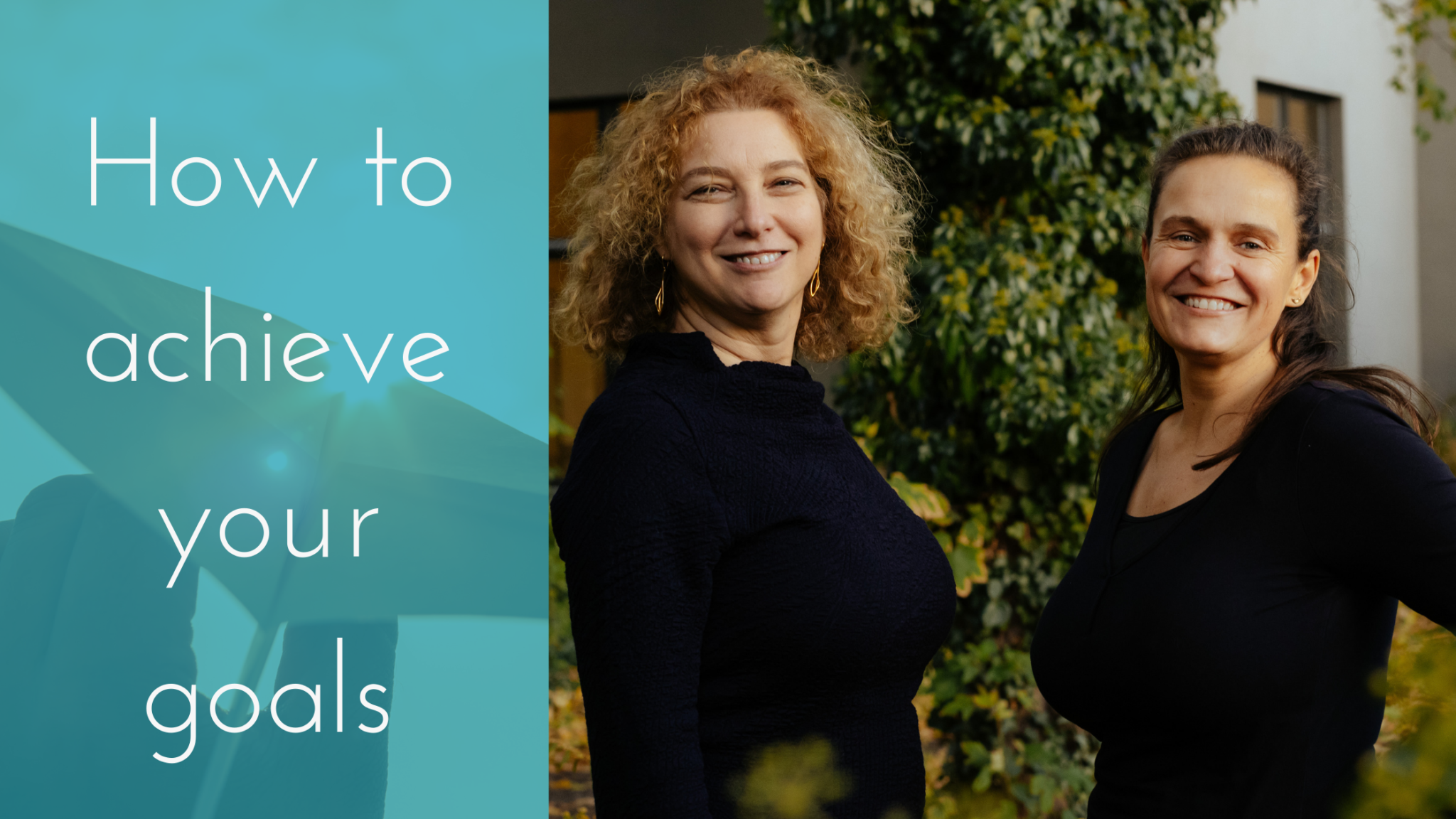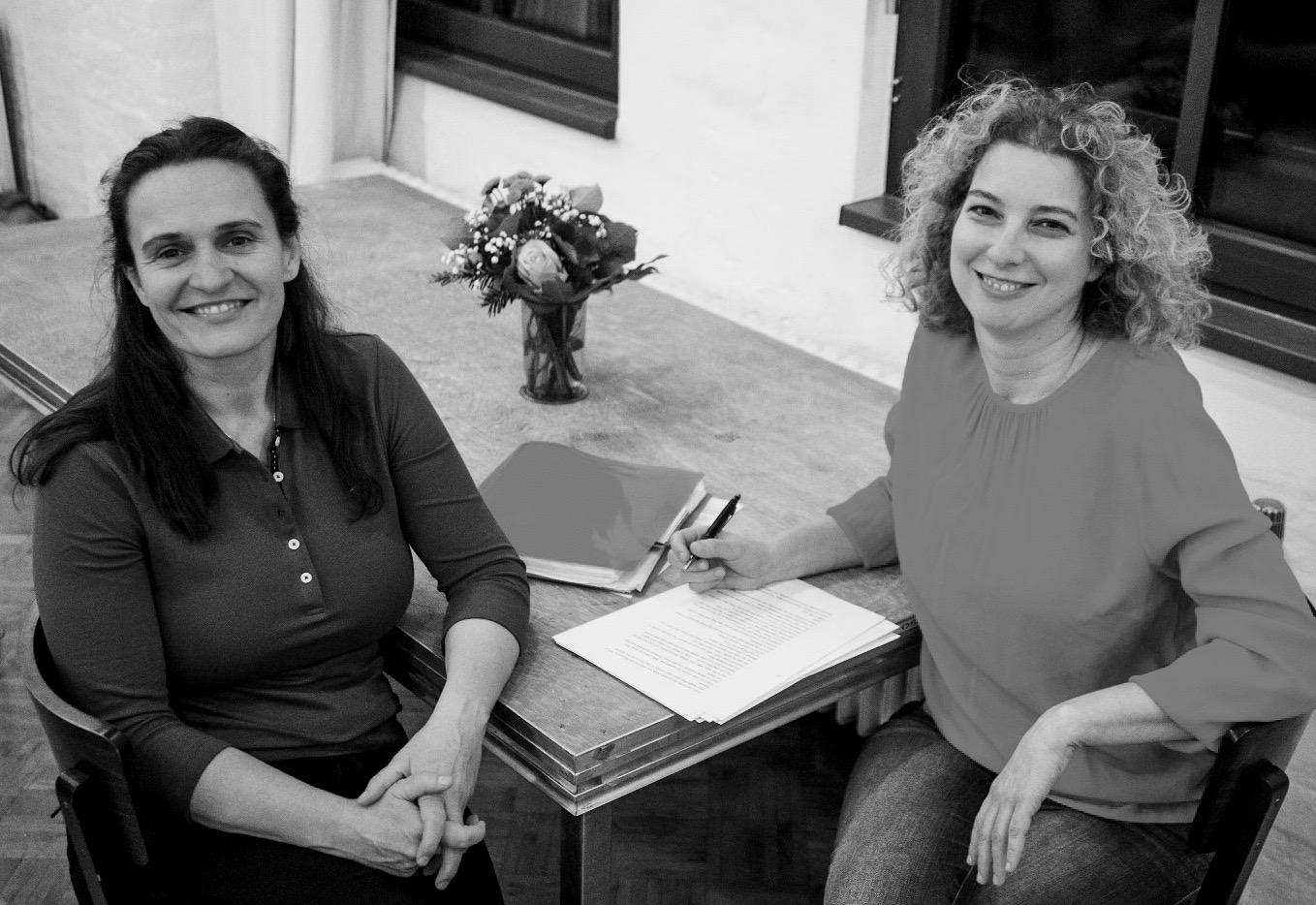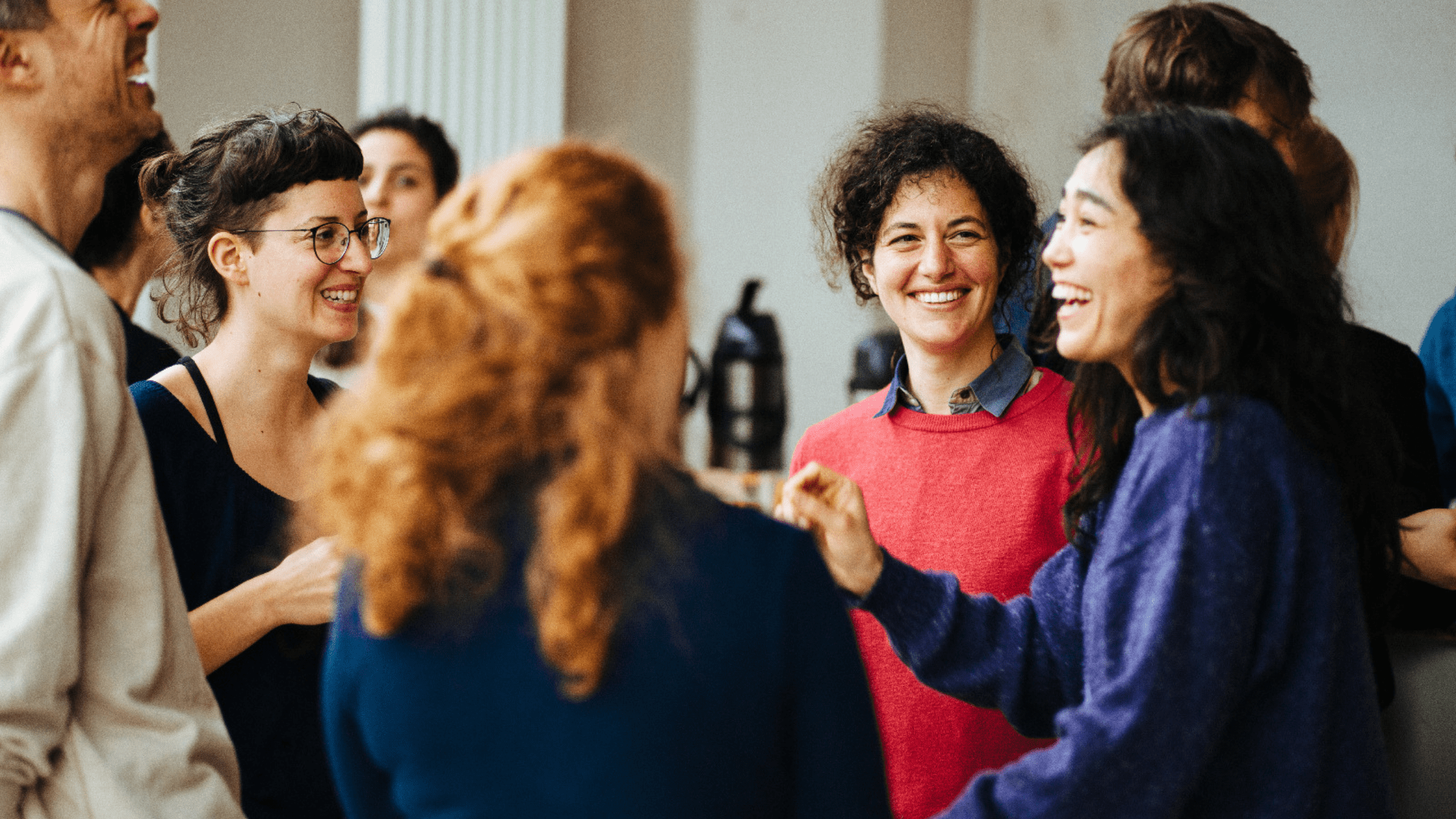
How to achieve goals – the Pantarei Approach
Just last week we finished teaching an advanced course on achieving goals. While our focus was on teaching Pantarei practitioners to better guide their clients towards reaching their goals in their sessions, we too encouraged the practitioners to explore their own personal goals. We gave them time to define and acknowledge what they wanted to achieve in life, how they wanted this journey to look, and how this expressed their unique qualities and strengths.
In this post, we would like to share some of the main learning from this course and what we explored with our students.
Defining your goals is one way of connecting you to your uniqueness
We believe that becoming clearer on what you want to achieve in life is one of the most delightful ways in which to realize who you are. Think of a person you know and what you know of their personal and professional goals. What do their goals say about them? What do they reveal about the journey they are committed to, their decisions, and their love? Similarly, your goals reveal so much about you. Whenever you realize what you want to achieve in life, and what you desire, you discover more about who you are.
Our wishes are unique. No one person wants the same as any other, even if we sometimes feel that our goals are alike. For instance, many people want to share their lives with a partner. Still, every person and partnership is different. Therefore, even when their wish seems similar, it is different. When you hear what people want to achieve, ask as many questions as you can until you hear their unique voice. What makes their wish individual and different from the wishes of others. And the topic of how to achieve your goals starts by realizing what your goals are.
Your goals are constantly developing
You might believe that once you define what you want to achieve, you don’t need to think about it anymore. You only need to take the required action and reach it. However, personal and professional goals are way more interesting than that, and they develop – with age, with circumstance, and with the accumulation of life experiences. If you regularly ask yourself what you wish to achieve, you will find that your answer changes. Perhaps not in a dramatic way, but enough that it will be interesting to ask again and listen to what your answers reveal.
When we first felt the desire to establish the Pantarei Approach, we wanted to create a space that encouraged people’s self-development. A space of respect, in which to acknowledge and embrace the uniqueness of every individual within it. Five years later, we still carry this wish. In addition, we are even more precise about what we are teaching and how people can use what they learn with us in their everyday lives. Today, we know that we have many partners with whom to share our dream, which allows our goals to change and develop at an even faster rate.
Your goals are part of your vision
It is essential to understand that your goals are milestones in your path to expressing your vision and passion in life. Your goals might change, while your purpose and vision continue to develop. You can understand your goals by creating greater clarity about your life’s vision. And the opposite is true too: you can think of your goals and see what they show you about your greater purpose in life.
When we wanted to open a school in New York, it was part of a bigger vision in which we wanted to bring the gift of Pantarei to even more people. At the moment, we don’t know when the US school will open, as Covid-19 slowed down the development of our plan. And yet, our bigger vision didn’t change. We only changed our current aims and goals.
When you think about achieving your goals, allow yourself to zoom out and think about your greater vision. When you become clearer on your purpose and vision, it will be easier to think about your goals and set priorities.
Your goals can connect you to your past, present, and future
A goal has to do with your future. However, when you realize your dream and take the action needed to reach it, you immediately discover everything that stands between you and achieving it. Some of those obstacles are in your present life, such as a lack of financial means or things you need to deal with first. Some other obstacles are part of your history: old beliefs or assumptions, old experiences that you carry with you and block you from reaching high. Holding space for your goals is one of the ways for you to deal with your history, deal with your present and invite in the magic of your future.
When you think about your goals in such a way, the journey to achieve them is not about success or failure but rather of personal growth and purpose.

When connecting to your goals seems difficult
Have you ever found yourself blocked when thinking of your goals? Your goals are part of who you are. Sometimes, including your whole body when reaching out for them, will make them more accessible to you. You can do this by taking a moment to notice your own body and being. While doing so, deepen your breathing. Add movements that feel right to you, and that would add to your sense of presence. Once you have a clearer experience of your physical self, your body, and being, think again about your goals. Let your movements continue and trust that your goals are part of who you are. Think while being and moving. The more you feel and connect to yourself, the easier it is to find your goals and let them nourish you.
Contributing to others
You might believe that to want something for yourself and to act on it is selfish; that it may be inconsiderate. However, when you reach your goals while expressing your unique qualities, others will naturally also gain from this process. If you think of something you want to achieve, ask yourself what would happen if you accomplished it. What would happen not only for you but also for the people and the places around you?
When we think about succeeding with the Pantarei Approach school, we know that we will help many people around us. Think of your own goals and who would benefit from them when you achieve them, even if you consider a very personal goal such as being happier. What would happen if you succeeded and felt happier? Who would benefit from this? In which way? What would you do and where would you invest all this energy? Which of your friends would become happier as a result of your behavior?
Your goals are part of your path
We believe that part of living a good and fulfilling life is knowing your goals and achieving them. They can be small things you would like to accomplish in your every day. Alternatively, they can be big goals and life projects. Whatever they are, they are part of your unique path and an expression of your voice in life. When you let the question of how to achieve your goals be something that reminds you of your goals and the beauty of reaching out for them, you would constantly be reminded of your unique voice.
Each of your goals, be it personal or professional, is a bridge to your heart, and if you shared this with others, you might find many people who would happily support you in your wish. Like this, you have partners in your journey. And people will see you in a whole new light when you let them see what you want to achieve in your life.
What is your goal, and what did you learn about yourself by acknowledging it?
Written by Claudia Glowik and Vered Manasse






